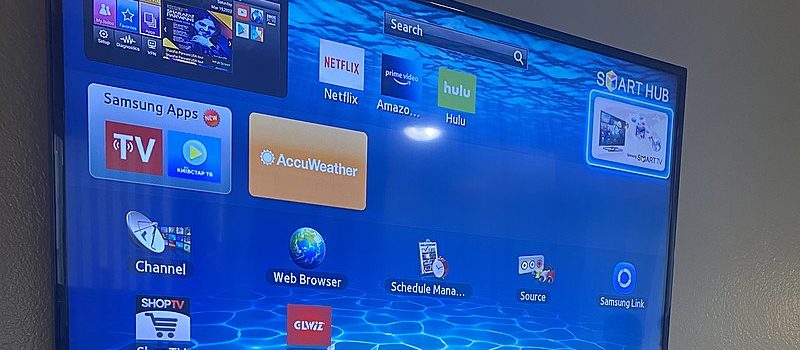
In an unexpected turn of events, Samsung recently struck a landmark agreement with its longtime rival, LG Display, to purchase OLED panels for its TV lineup. This unexpected partnership between the two tech giants sent shockwaves through the industry, fueling speculation about the future of display technology. Because OLED panels are widely known for their stunning visual effects and immersive viewing experience, this deal promises to change the landscape of Samsung’s TV offerings.
Historic collaboration:
Samsung and LG have long been fierce competitors in the TV market, fighting for dominance and pushing the boundaries of innovation. However, LG Display’s agreement to supply OLED panels marks a significant departure from the traditional dynamics of the industry. Leveraging the experience of its competitor, Samsung aims to expand its TV lineup and offer consumers the advanced visual experience that OLED technology is known for.
OLED appeal:
OLED (Organic Light-Emitting Diode) technology is widely recognized for its ability to deliver vivid colors, deep blacks and exceptional contrast. Each pixel of the OLED display emits its own light, resulting in unparalleled image quality and immersive viewing. By using LG Display’s OLED panels in its TVs, Samsung aims to bridge the gap and give its customers the mesmerizing visual effects that OLED technology is known for.
A revolution in Samsung’s TV lineup:
This groundbreaking partnership marks a strategic shift in Samsung’s TV division, as the company has historically relied on its own display technology. By acquiring OLED panels from LG Display, Samsung will be able to leverage its competitor’s advanced manufacturing capabilities and expertise, allowing its TVs to remain at the forefront of technological innovation. This collaboration has the potential to revolutionize Samsung’s TV lineup, offering consumers a wider choice with exceptional visual performance.
Competition and collaboration:
While this deal is indeed unexpected, it highlights the complex relationship between competition and collaboration in the technology industry. By teaming up with LG Display, Samsung recognizes the value of leveraging a competitor’s strengths to deliver a superior product to consumers. This partnership demonstrates the industry’s ability to evolve, adapt and create unexpected alliances in the pursuit of excellence and technological advancement.
Implications for the market:
Samsung’s decision to use LG Display’s OLED panels in its TVs is expected to have far-reaching implications. By introducing OLED technology, Samsung aims to strengthen its market position and compete more aggressively with other manufacturers that have already adopted the technology. The move also highlights the growing importance of OLED in the television industry and raises the bar for other players to remain competitive and innovate.
Impact on consumers:
Consumers will benefit greatly from this collaboration between Samsung and LG Display. The integration of OLED panels into Samsung’s TV lineup will provide viewers with an improved visual experience, with richer colors, deeper blacks and improved contrast. This advancement in display technology ensures that consumers will have access to state-of-the-art TVs that provide exciting and engaging viewing experiences in the comfort of their homes.
Conclusion:
The agreement between Samsung and LG Display to purchase OLED panels for Samsung TVs represents an amazing convergence of competition and cooperation in the technology industry. Using the superior visual characteristics of OLED technology, Samsung aims to improve its television offerings and strengthen its market position. This unexpected partnership demonstrates the industry’s ability to adapt and innovate, ultimately benefiting consumers who will enjoy an enhanced viewing experience. As the OLED revolution gathers momentum, the future of television technology promises to be even more dazzling and exciting.

 Get in Touch
Get in Touch 


